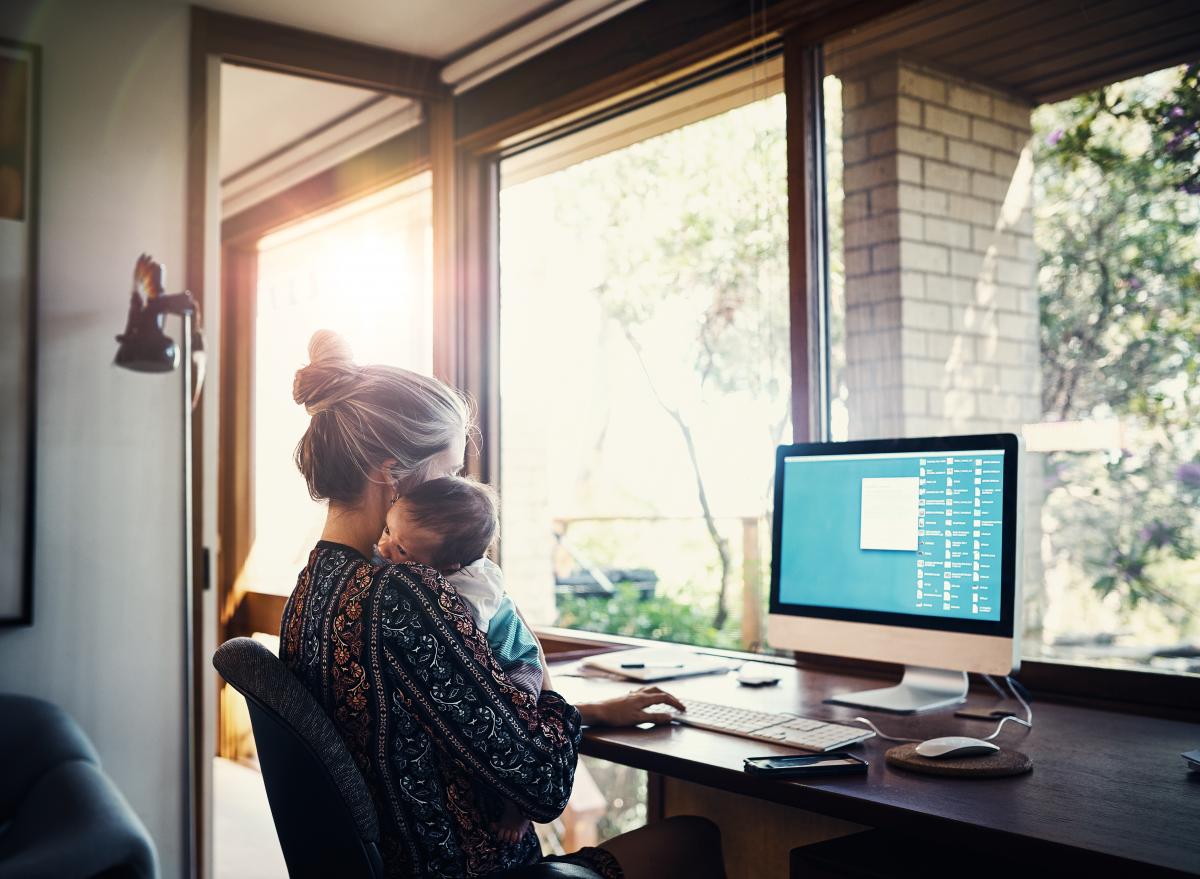Don't wait for hybrid working to settle down; it won't

The invention of email is 51 years old and has been a staple tool of office workers for at least 25 years. However, in that time we still haven’t really adopted a set of ubiquitous norms; we still receive hundreds of messages a day and use basically the same workflow for “Fancy a brew” as “Please see attached a multi-million pound contract”.
If we haven’t been able to come up with a standard approach to using that mature, stable 25+ year old technology, the idea that we are going to quickly settle on new ways of working after the shock of the pandemic is a pipedream.
We have all made discoveries we cannot unmake. We’ve learnt that it is possible to run many business-critical processes from home. The Teams or Zoom call is not nearly as horrible as the early video-conferences. Staff working from home can be just as productive as those in the office. This gives us enormous possibilities; and our staff get to save the time lost in commuting and reinvest that into their fitness, family or any number of other wellbeing-enhancing activities. No wonder so many finance directors look at the real estate costs and see opportunities for savings.
Others, faced with a sunk cost of long-term leases are trying all sorts of experiments to fill those desks on Mondays and Fridays, from free lunches to surge-pricing desk recharge schemes. Even the weekend, Henry Ford’s 96-year old invention, might be up for renegotiation, traded away for a four-days-in-seven flexible work pattern and childcare savings.
The only sensible forecast about the future is that it’s going to be uncertain for a while.
It’s no wonder that those faced with a major decision today, such as whether to invest in more space or whether to adopt a new home-working policy are finding that call hard to make. How long should we wait for things to settle down?
My advice is not to wait at all. I think the only sensible forecast about the future is that it’s going to be uncertain for a while.

Let’s look at things from our staff’s point of view. For them, we have inadvertently created a new set of incentives around coming to the office. Pre-pandemic, a season ticket for the train or car park was good value. But we don’t buy the season ticket for two days per week. We pay as you go. And that means the marginal cost of a trip to the office has gone from £3 for a coffee to perhaps £20 or £30. Now commuting is an investment decision. The day in the office has to be worth it. And now, getting your team all in on the same day is an exercise in game theory.
Family businesses pride themselves on valuing trust between them and their stakeholders. Some firms really struggle with hybrid working because they simply don’t trust their employees to be productive when working from home. They need to be able to see the work being done or measure it. Family businesses could again differentiate themselves here by having faith in their employees to “Do the right thing”.
In a tight labour market where talent is scarce family business should make a virtue of their optionality and flexibility on this issue to attract talent.
But when it comes to other stakeholders, we need to take account of the way they’ve chosen to work. How often have we rearranged our whole week so we can come in on a different day to meet that important customer? And then asked all the other people we were going to meet to shuffle their diaries. That creates a whiplash effect, whereby the diaries of our junior staff are constantly changing. And until we get some amazing AI-based, high-frequency trading algorithms constantly shuffling our appointments, this is going to make life unpredictable for some time yet.
While firms are trying different approaches, staff will move from one place to another; and in a seller’s market for talent the best staff will seek an organisation that flexes to suit them, not the other way around. In a tight labour market where talent is scarce, family business should make a virtue of their optionality and flexibility on this issue to attract talent… Take advantage of speedier decision making and shorter chains of command. Pivot faster than slower-to-act competitors with more complicated governance.

The upshot of all this uncertainty means I predict that we are going to be in a “Wild west” of experiments and competing norms for some time. Remember, we still haven’t cracked how to manage email and we’ve had that for a quarter of a century.
So, how much real estate do you commit to and for how long? How permanent do you make your work from home policy? All things being equal, I’d pay a premium for a break clause rather than commit to hoping any emerging model will prevail. And I’d be open with my staff that we are trying things out. Rather than try and see round corners, I think those organisations which keep their options open have the best chance of attracting post-pandemic talent.






